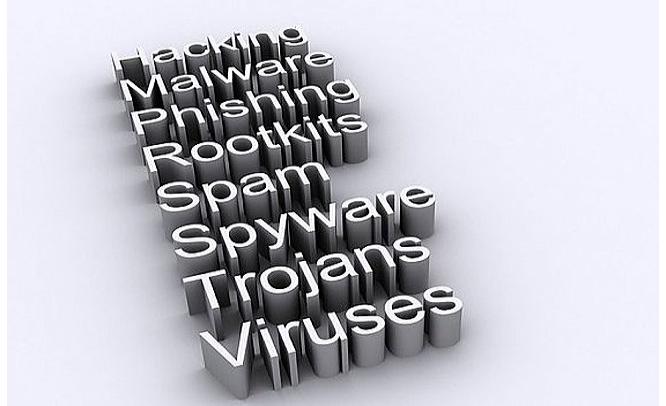Cyber crime is carried out by self styled criminals known as “hacktivists”, to organised crime gangs who have a strong understanding of the hardest networks and also from state sponsored adversaries to target banks, financial centres and state owned.
21st October 2013
Experian Data Breach Resolution and the Ponemon Institute have released a new study that shows that companies now rank cyber security risks as greater than natural disasters and other major business risks. The report, Managing Cyber Security as a Business Risk: Cyber Insurance in the digital Age is one of the first to examine corporate adoption and attitudes about the rapidly involving cyber security insurance market and how companies are equipped to manage the potential financial damage of breaches. The respondents in the study included senior privacy and compliance professionals who evaluated cyber insurance policies and corporate risk management of companies. The top industries included in the scope of study were retail, public sector, financial services and the health and pharmaceuticals industry. The study also estimated that the maximum financial risk of a data breach at $ 163 million.
Britain’s Energy Infrastructure at Risk
“The Guardian”, reported that a security expert whose company holds contracts with the Ministry of Defence (MoD) has warned that the Britain’s energy infrastructure is at risk of shut down from cyber attacks and the action of foreign owners. The warning from Chris McIntosh, a former lieutenant colonel and current chief executive of Viasat UK, comes after George Osborne invited Chinese companies to run UK nuclear reactors. Earlier George Osborne, shortly after his visit to China, announced the agreement with Beijing that Chinese firms could take a minority stake in the newly planned Hinkley Point “C” nuclear power station in Somerset alongside EDF, the chancellor also said a majority stake might be allowed in the near future.
Awareness of the computer “malware” to cripple nuclear facilities were highlighted after revelations in 2010 that a computer worm by name “Stuxnet” was created by the United States and Israel to destroy Iran’s nuclear facilities, the worm could target the industrial control systems (ICS) that are commonly used in infrastructure supporting facilities such as gas lines, power plants, etc. The worm was inserted into the Iranian nuclear factory at Natanz to contaminate uranium fuel supplies and slowdown the project, to eliminate a perceived threat to the West.
“Outsourcing to someone else not just makes them more vulnerable to cyber attacks but allows the new owners to either invest or switch systems off.” “Would we consider outsourcing the army to China, Germany or France? McIntosh said,” he was referring to the Hinkley Point nuclear power station in Somerset, where a new reactor is planned with possible Chinese participation.
Nick Butler, a former Number 10 energy policy adviser also warned about the perceived cyber threats from China, in a blog last year he said “They will be inside the system, with access to the intricate architecture of the UK’s National Grid and the processes through which the electricity supply is controlled, as well as to the UK’s nuclear technology.
Adobe’s “Source Code” Hacked
Earlier this month, Adobe said it suffered a sustained compromise of its corporate network, allowing the hacker’s to access source code for several of its widely used software applications as well as password data and other sensitive information belonging to almost three million customers. Adobe Systems, which makes software such as Adobe Photoshop, Corel Draw and Creative Cloud, said the hackers accessed Adobe customer ID’s and encrypted passwords on their systems. Adobe confirmed the breach shortly after Brian Krebs a former Washington Post staffer and acclaimed security researcher reported the security breach several hours before Adobe, he said the hacking started in mid –August and was carried out by the same criminals who breached LexisNexis and other major US data brokers.
Adobe hack may affect millions of users- Security Experts
Krebs, who uncovered the security breach in Adobe, said he stumbled upon a 40 G.B trove of Adobe source code, one week ago on the same server thought to be used by the hackers behind other recent major compromises.
Hold Security, a firm which worked in conjunction with Krebs said that “This breach poses a serious concern to countless business and individuals”.
Cyber crime is carried out by self styled criminals known as “hacktivists”, to organised crime gangs who have a strong understanding of the hardest networks and state sponsored adversaries to target banks, financial centres and state owned companies. The UK Cabinet Office has estimated that the cost of cyber crime to the economy is £ 27 bn annually.

